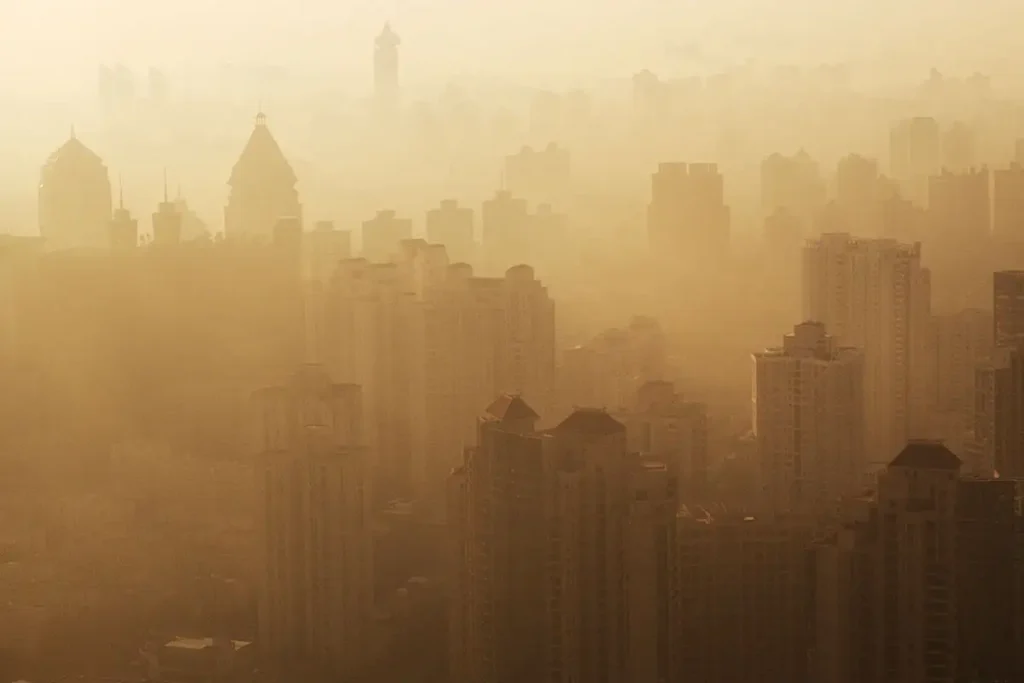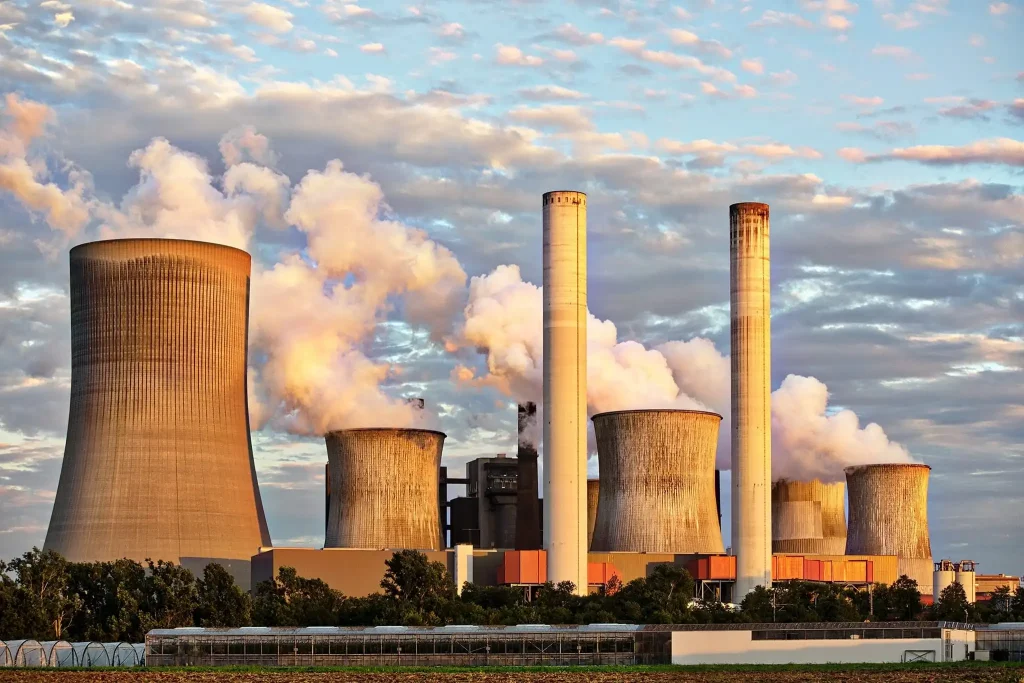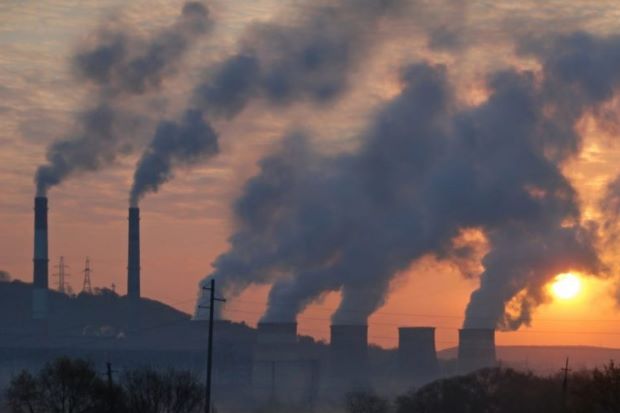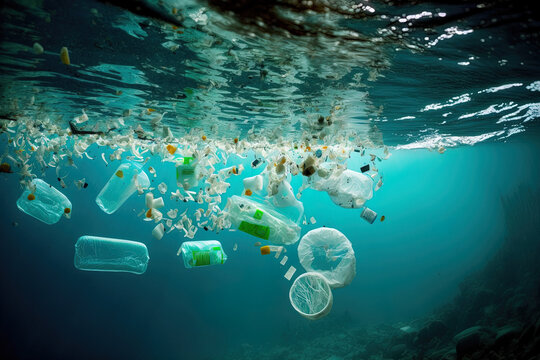It may sound harsh, but the truth is, we don’t always benefit from the environment. Decades ago, the story was different, but today, our health is deteriorating due to environmental factors. This has led to the emergence of environmental health as a critical branch of public health. We’ve designated September 26th as Environmental Health Day to raise public awareness about this crucial issue. The goal is clear: to develop methods and systems that protect our communities and provide them with safer, healthier environments. But why does the environment harm us? Or, to rephrase, what has caused the environment to harm us? The answer is obvious: us humans. Examining this through a cultural and historical lens, our unquenchable desire for innovation and change, from the discovery of fire to the era of Artificial Intelligence, has come with unintended consequences. While innovation has undeniably improved our living conditions, it has also left behind a trail of environmental destruction. Activities such as industrialization, deforestation, and the burning of fossil fuels have had far-reaching impacts on the natural world, leading to climate change and habitat destruction.

Innovation, a driving force of progress, has had unforeseen environmental repercussions. Industrialization, deforestation, and the consumption of fossil fuels have wreaked havoc on the environment, resulting in climate change and habitat loss.

The World Health Organization claims that a healthier environment can address a quarter of global diseases. To achieve this, we must ensure access to clean air, clean water, a stable climate, adequate water supply, proper sanitation and hygiene, safe chemical usage, radiation protection, healthy workplaces, and sound agricultural practices. These elements form the foundation of a safe and healthy environment.
We must be conscious regarding what we release into the environment; whether it’s pollutants, metals, chemicals, or radiation, since these often have a way of returning to affect us. Regrettably, human activities have disrupted the delicate balance of nature, leading to environmental degradation and a multitude of health problems.
Air Pollution


The release of pollutants into the air, including particulate matter, ground-level ozone, and toxic gases, can lead to respiratory problems such as asthma, bronchitis, and other lung diseases. Air pollution leads to 6.7 million premature deaths annually.
Water Pollution

Polluted water sources can spread waterborne diseases such as cholera, dysentery, and hepatitis. Contaminants like heavy metals, pesticides, and bacteria can make water unsafe for consumption and sanitation.
Deforestation and Climate Change

Deforestation contributes to climate change by releasing carbon dioxide into the atmosphere and reducing the planet’s capacity to absorb carbon. Climate change, in turn, leads to extreme weather events, heat waves, and the spread of vector-borne diseases like malaria and dengue fever. Deforestation also leads to habitat loss, impacting biodiversity and food security.
Soil Pollution

Industrial chemicals, heavy metals, and pesticides can contaminate soil, leading to the accumulation of toxins in crops. Consuming contaminated food can result in various health problems, including cancer and neurological disorders.
Industrial and agricultural activities release a wide range of chemicals into the environment, which can leach into groundwater, contaminate soil, and enter the food chain. This can lead to health issues ranging from developmental disorders to hormonal imbalances.
Visual Pollution
Unsightly environments can have mental health consequences, including anxiety, depression, and stress.
Emerging Diseases
Changes in ecosystems and the expansion of human activities into previously untouched areas can increase the risk of zoonotic diseases, where pathogens jump from animals to humans. Examples include Ebola and COVID-19.
Radioactive material
Radiation is another important environmental health issue. Exposure to certain types of radiation can have significant effects on both human health and the environment. Nuclear accidents, such as the Chernobyl disaster and the Fukushima Daiichi incident, have resulted in environmental contamination, including soil and water pollution.

The long-term effects on local ecosystems can include mutations in plants and animals. Environmental Health Day is not just about acknowledging the issues but also about taking action to address them. How can we collectively contribute to a healthier planet and a healthier you? By being mindful of water and energy consumption in your daily life. Small changes like fixing leaks and using energy-efficient appliances will make a difference. Reducing consumption, reusing items, and recycling materials, and choosing products and services from companies committed to sustainable and eco-friendly practices. Our purchasing decisions can influence the outcomes of industries. Implementing policies that promote clean energy, protect natural habitats, and mitigate climate change will help us reach the targets of Sustainable Development Goals, which will create a secure environment for all of us. Let’s join hands to ensure that future generations have their entitled basic needs: clean air to breathe and clean water to drink.
Written by:
Yoshini Kumarasinghe,
1st Year Undergraduate,
Biological Science Stream,
Faculty of Science,
University of Colombo.
References:
- Chernobyl | Chernobyl Accident | Chernobyl Disaster – World Nuclear Association. (n.d.). https://world-nuclear.org/information-library/safety-and-security/safety-of-plants/chernobyl-accident.aspx
Image Courtesy:
- Title Image: https://biturl.top/jmau6z
- 1st Content Image: https://biturl.top/QfaURr
- 2nd Content Image: https://biturl.top/QzEZbq
- 3rd Content Image: https://biturl.top/eYBz2y
- 4th Content Image: https://biturl.top/qmi26r
- 5th Content Image: https://biturl.top/iyUF3m
- 6th Content Image: https://biturl.top/Y7R7Rv
- 7th Content Image: https://biturl.top/2iyAvi



0 Comments